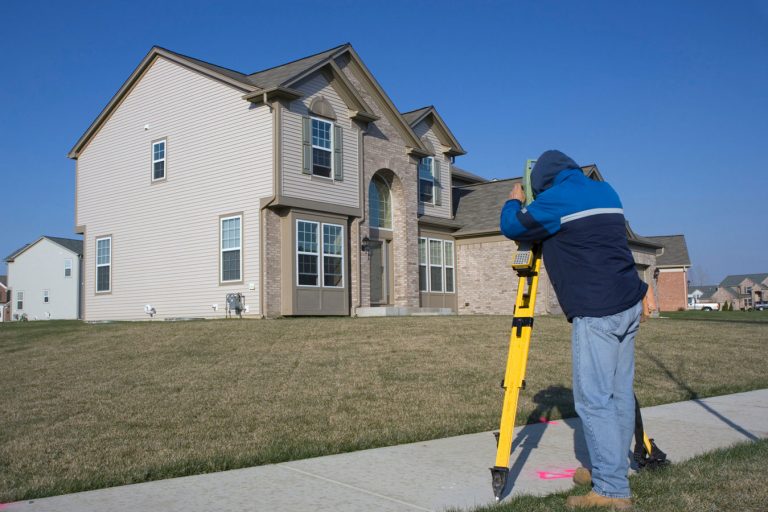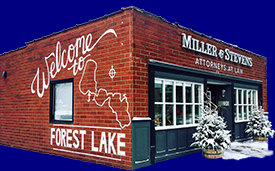After you get arrested for a DWI what happens? For most people who get arrested for a DWI, they get released from jail and think now what? There are a few common questions that people ask after they get arrested. Here is some information about the early stages of a DWI case to help explain the initial procedures and what to expect.
Criminal Case
Depending on the level of your blood alcohol concentration (“BAC”) reading and your criminal history, you will either appear in front of a judge prior to being released, or you will be released from jail after you get booked. Whenever you get out, you will get paperwork about when you need to return for court. At the initial court appearance for the criminal case, the Judge will discuss bail and conditions of your release during the pendency of the case. Most people will be given the option of either posting $12,000 bail without any conditions or will be conditionally released. Conditionally released means that the court will not require any bail or cash to be released from jail, but there will be “conditions” or terms that need to be followed in order to remain out of jail. In certain cases, usually when you have a BAC over .16, the court is required, as part of a conditional release, to state that you must 1) abstain from alcohol, and 2) submit to a program of electronic alcohol monitoring with daily readings.
Once you have your first hearing and conditions of your release are established, you will be given your next court date. During the time between hearings is when you should review the State’s evidence, consider what evidence you have and evaluate what your options are. An attorney experienced in DWI law can help you though all the stages of the criminal proceedings.
Implied Consent
While the criminal case is going on, your driver’s license is also at risk of being revoked. Your driver’s license and any issues pertaining to it, are separate from the criminal case. The Judge in the criminal case cannot reinstate your privileges. In Minnesota, by getting a license from the State that allows you to drive on the public roadways (your driver’s license), you “impliedly consented” to certain rules. One such rule is that you agreed not to drink and drive. When you are arrested for DWI and your reading is at least .08, you will be given a temporary permit for 7 days, but your revocation will begin after that. The revocation is presumed based on your BAC reading.
If you wish to challenge the revocation, it is up to you to affirmatively take action to challenge it. To do that, you need to commence a lawsuit against the Commissioner of Public Safety. You need to start this action within 60 days of receipt of the Notice and Order of Revocation from the police, which is usually the day of arrest. This 60-day timeframe is very strict and needs to be followed. So even though you might not go to court for the criminal case within 60 days of the arrest, your right to challenge the license revocation will lapse after that time window closes. To properly evaluate the merits of a challenge you should contact an attorney as soon as possible after an arrest.
Driver’s License Itself – Getting Back on the Road
There are a number of different lengths of revocation that you could be looking at when you are stopped for a DWI. The most basic is a person with no prior license revocations and a reading between .08 and .15. That person is usually looking at a 90-day revocation. A person with no prior offenses who has a reading of .16 or higher, will be looking at a 1-year revocation. Does that mean the person can’t drive at all during those periods of revocation? Not necessarily. Some options for getting back on the road may be:
- Pay the reinstatement fee and join the State’s ignition interlock program. Following the rules of the program and installing an ignition interlock device would allow you to drive with a full license. This would not impact your ability to challenge the DWI or file an implied consent petition. All those options would remain available to you.
- Pay the reinstatement fee and get a work permit or limited license. This limited license is not available to everyone, and has restrictive hours of operating a vehicle, but it is a less expensive option than option 1 above.
- File the implied consent petition (lawsuit) and file a motion to “stay” or postpone the revocation of your license. This option includes an additional motion fee and involves the unknown of when the Judge would rule on the motion and whether he or she would grant the request. This could be more costly than installing ignition interlock. All these options, and the pros and cons of them, should be discussed with an attorney.
If you get arrested for a DWI or similar charge, please contact our office to set up a free consultation at 651-462-0206.






